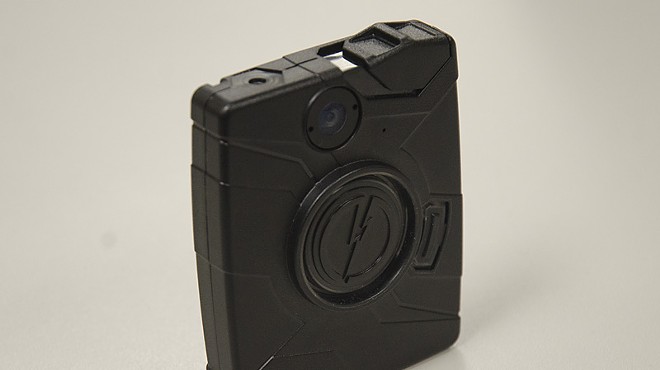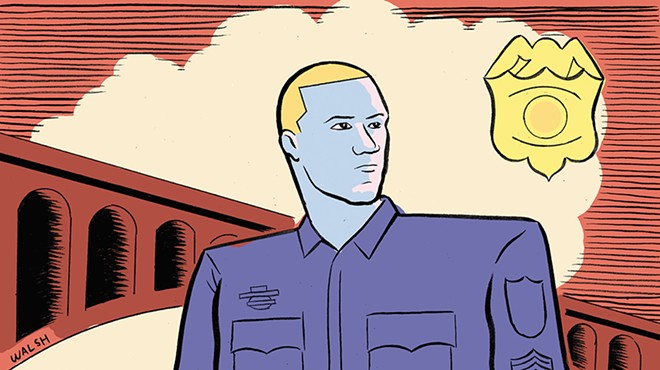Monday, February 2, 2015
Bill would overhaul state public records law for police body cameras
A bill has been introduced in the Washington State Legislature that’ll make significant changes to the state’s public records law — changes intended to make it friendlier to law enforcement agencies now using body cameras.
Although police body cameras are increasingly being adopted by a range of law enforcement agencies in Washington state, from small towns to Seattle, they’ve run into problems with how the surveillance devices interface with the state’s relatively expansive public records law.
In last week’s paper, we wrote about how the Spokane Police Department is reluctant to move forward with its body camera program with the state’s public records law in its current form.
The department, which wrapped up a pilot program and has 25 officers voluntarily wearing the cameras, has had to deal with blanket requests for all the footage, which have already been costly to comply with. Spokane police have also been uncomfortable with some of these videos, depicting people grappling with mental illness or some other crisis, going up on the Internet.
Law enforcement agencies across the state have had been similarly swamped with blanket request for videos. But all that could change.
A bill, written with strong input from the Washington Association of Sheriffs and Police Chiefs, was introduced by a trio of Western Washington Democrats on Monday that seeks to address these problems.
The opening section of the bill reads:
The legislature finds that technological developments present opportunities for additional truth-finding, transparency, and accountability in interactions between law enforcement or corrections officer and the public. However, the legislature wants to preserve the public's reasonable expectations of privacy with respect to such interactions; although individuals interacting with law enforcement or corrections officers carrying out their official duties have no expectation that their right to privacy prevents law enforcement or corrections officers from audio and/or video recording their interaction, those individuals do not surrender their right to privacy as it relates to the public records act.The text of the bill seeks to limit blanket requests by not allowing any video or sound recordings captured by police to be released to the public unless:
- The request specifically identifies the name of the people involved in an incident captured on camera, or a specific date, time and location of the incident.
- The request includes a case number.
- The request is made by someone involved in an incident recorded by a police body camera.
- The request is made by an attorney representing someone in an incident recorded by a police body camera.
Anyone else who wants to request any police body camera footage has to get a court order that concludes that the public interest in disclosing the video significantly outweighs privacy concerns. If they want to disclose video from a police body camera, according to the bill, they have to give anyone (excluding law enforcement officers) the opportunity to get a court order to prevent it from being disclosed. Law enforcement agencies can require someone requesting the footage to pay the costs of redacting any part of the video that’s not subject to disclosure (i.e. images of minors, Social Security numbers, etc.)
Previously, the Washington ACLU had called the bill “one-sided” and expressed concerns that it would become too difficult to get policy body camera footage.
Tags: Spokane police , body cameras , Washington State Legislature , News , Politics , Image























